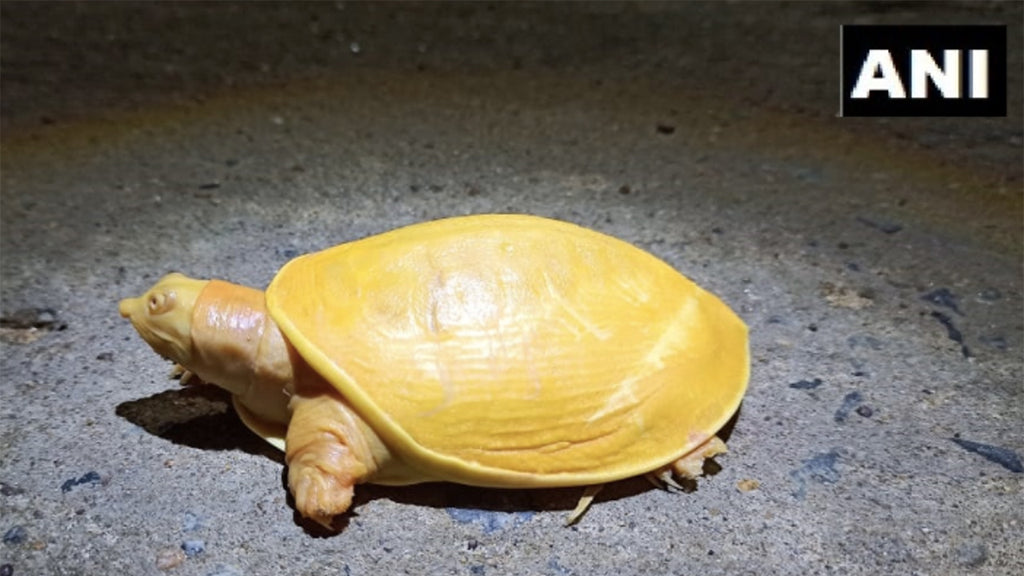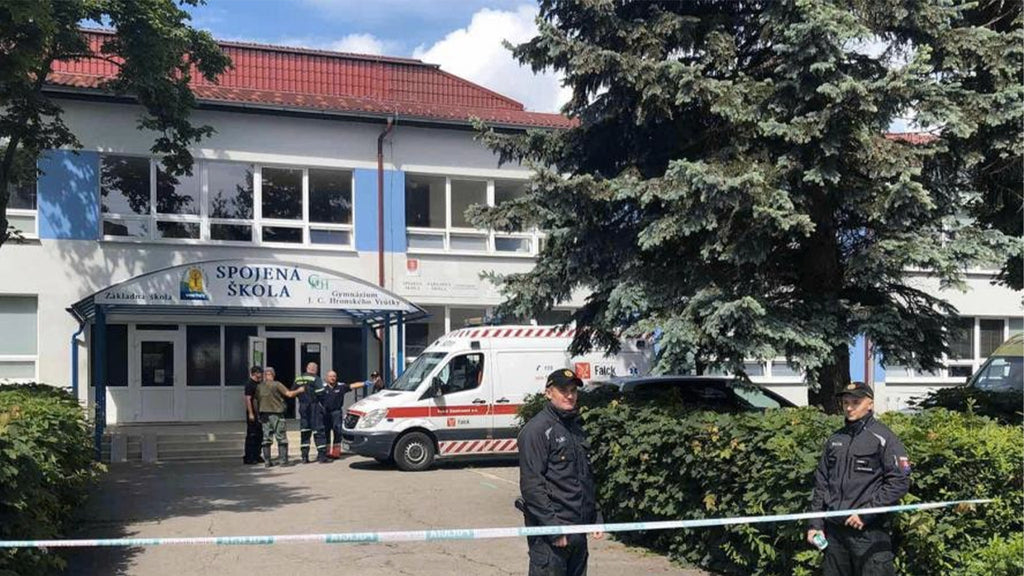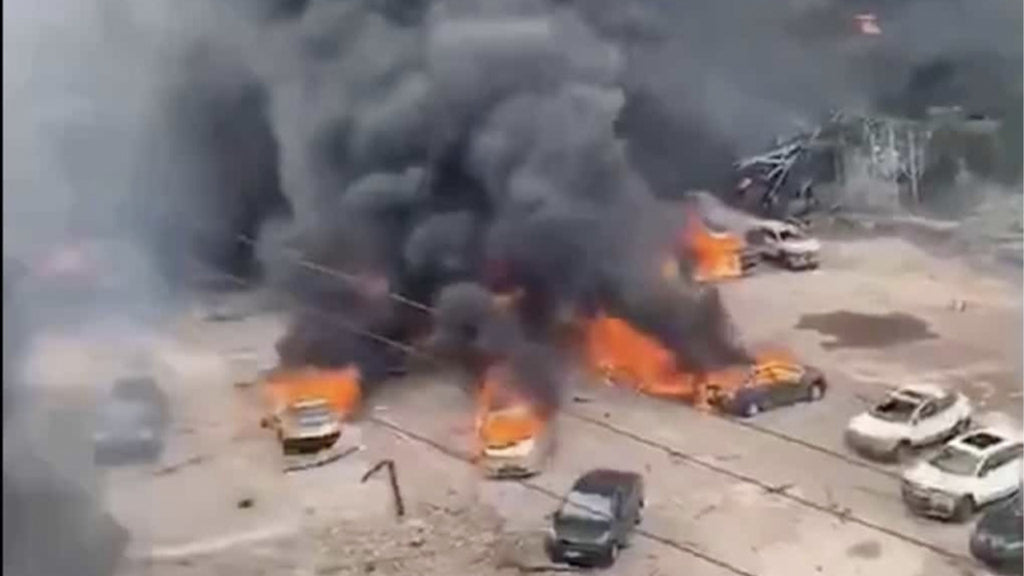Coronavirus: News coverage of the pandemic, and the latest advice.

US scientists say coronavirus dies the fastest when it is exposed to direct sunlight, though a study cited has not yet been made public and awaits external evaluation.
William Bryan, science and technology adviser to the Department of Homeland Security, told reporters at the White House on Thursday that government scientists found ultraviolet rays had a potent impact on the pathogen, offering hope its spread may ease over the summer.
"The virus dies quickest in the presence of direct sunlight," Bryan said.
"Our most striking observation to date is the powerful effect that solar light appears to have on killing the virus - both surfaces and in the air," he added. "We've seen a similar effect with both temperature and humidity as well, where increasing the temperature and humidity or both is generally less favourable to the virus."
|
|
It has long been known that ultraviolet light has a sterilising effect, because the radiation damages the virus's genetic material and its ability to replicate.
But coronavirus has also proven lethal in warm-weather places such as Singapore, Malaysia, and Thailand, raising broader questions about the impact of environmental factors.
Dr Margaret Harris from the World Health Organization told Al Jazeera "the evidence is not supporting [the sunlight] theory".
"I'm sorry but we cannot hope that summer is going to have the effect that many people hope it will," said Harris.
Bryan warned it would be "irresponsible" to say the warmer summer months will eliminate the virus. But he said that time period would provide an "opportunity to get ahead" of the pandemic.
The research cited by Bryan has not yet been released for review, making it difficult for independent experts to comment on how robust its methodology was.
A key question will be what the intensity and wavelength of the UV light used in the experiment was, and whether this accurately mimics natural light conditions in summer.
Past studies have not found reliable evidence that warmer temperatures and the higher humidity of spring and summer will help tamp down the spread of the virus.
18 hours versus 6 hours
Bryan shared a slide summarising the major findings of an experiment carried out at the National Biodefense Analysis and Countermeasures Center in Maryland.
On nonporous surfaces such as stainless steel, the new coronavirus takes 18 hours to lose half its strength in a dark, low-humidity environment, Bryan said.
In a high-humidity environment, that half-life dropped to six hours, and when the virus was exposed to high humidity and sunlight, the half-life dropped to two minutes, he said.
Researchers found a similar effect with the coronavirus that was suspended in the air - simulating the coughing or sneezing that often spreads the disease. In a dark room, the virus maintained half its strength for an hour.
But when exposed to sunlight, it lost half its strength in 90 seconds, Bryan said.
Researchers also found that isopropyl alcohol was a more effective disinfectant than bleach, he added.




